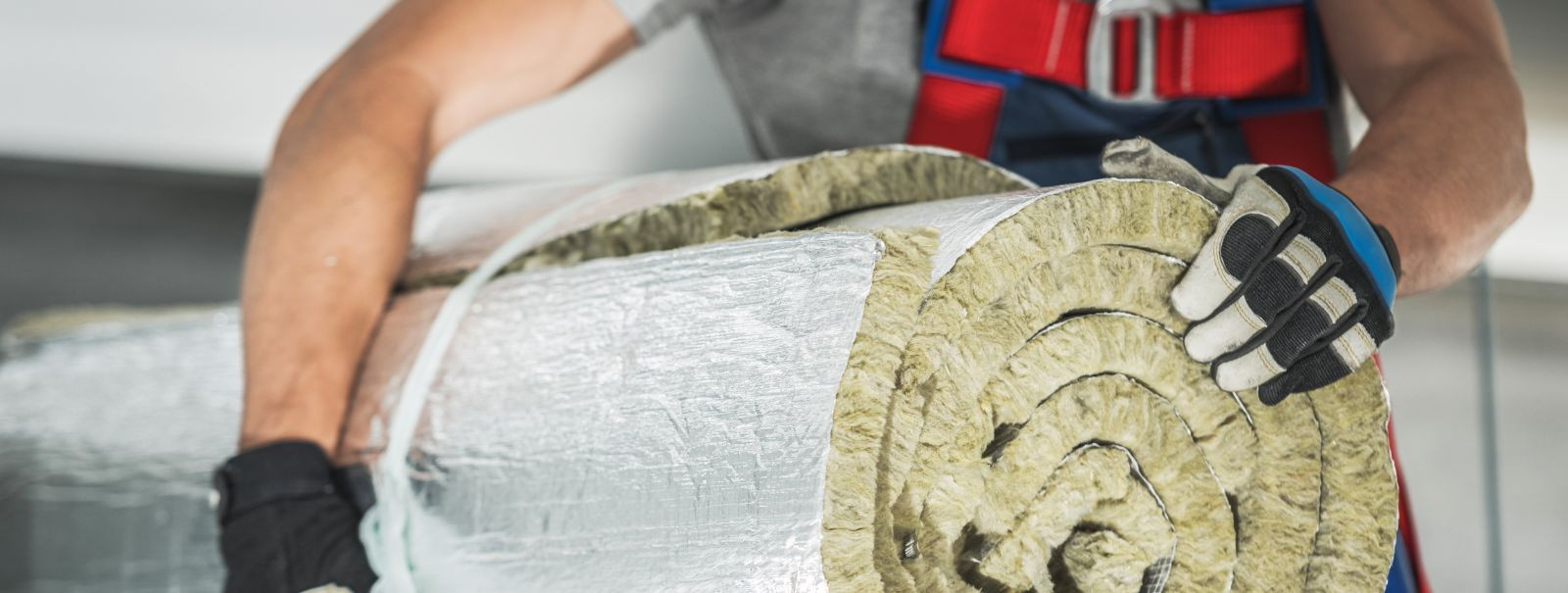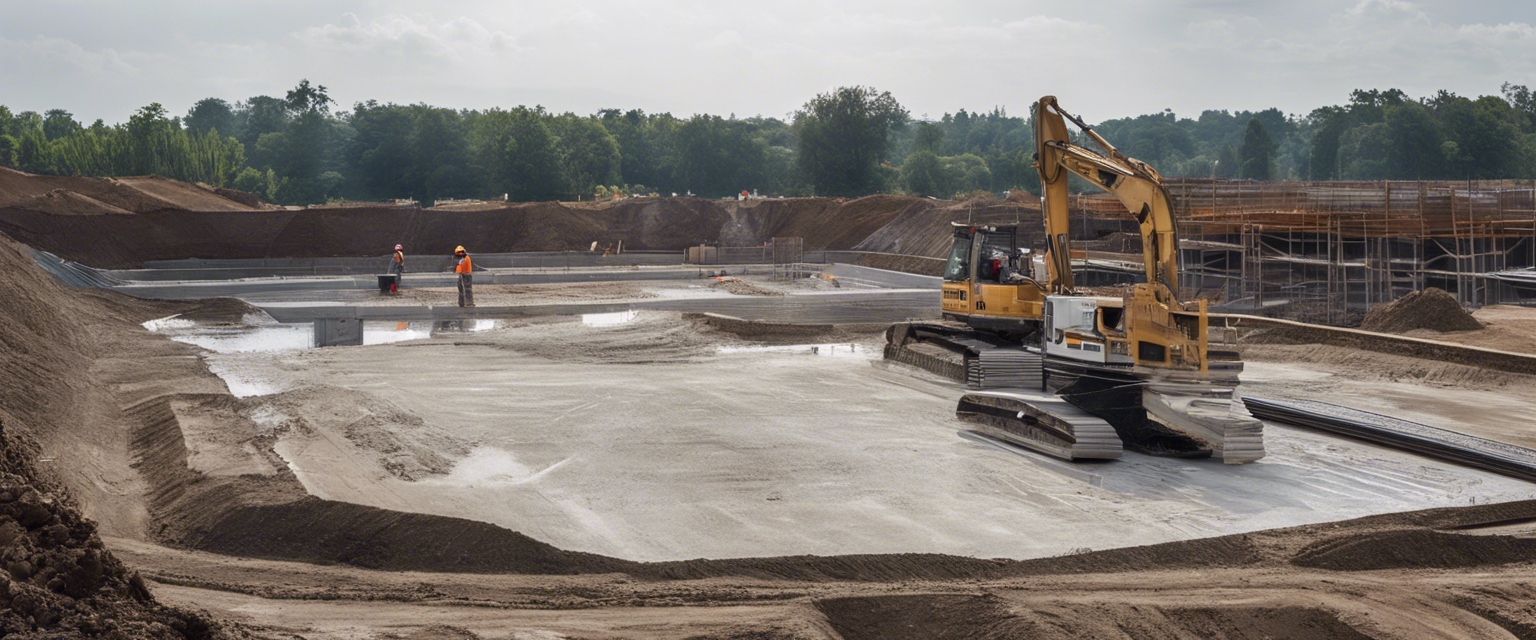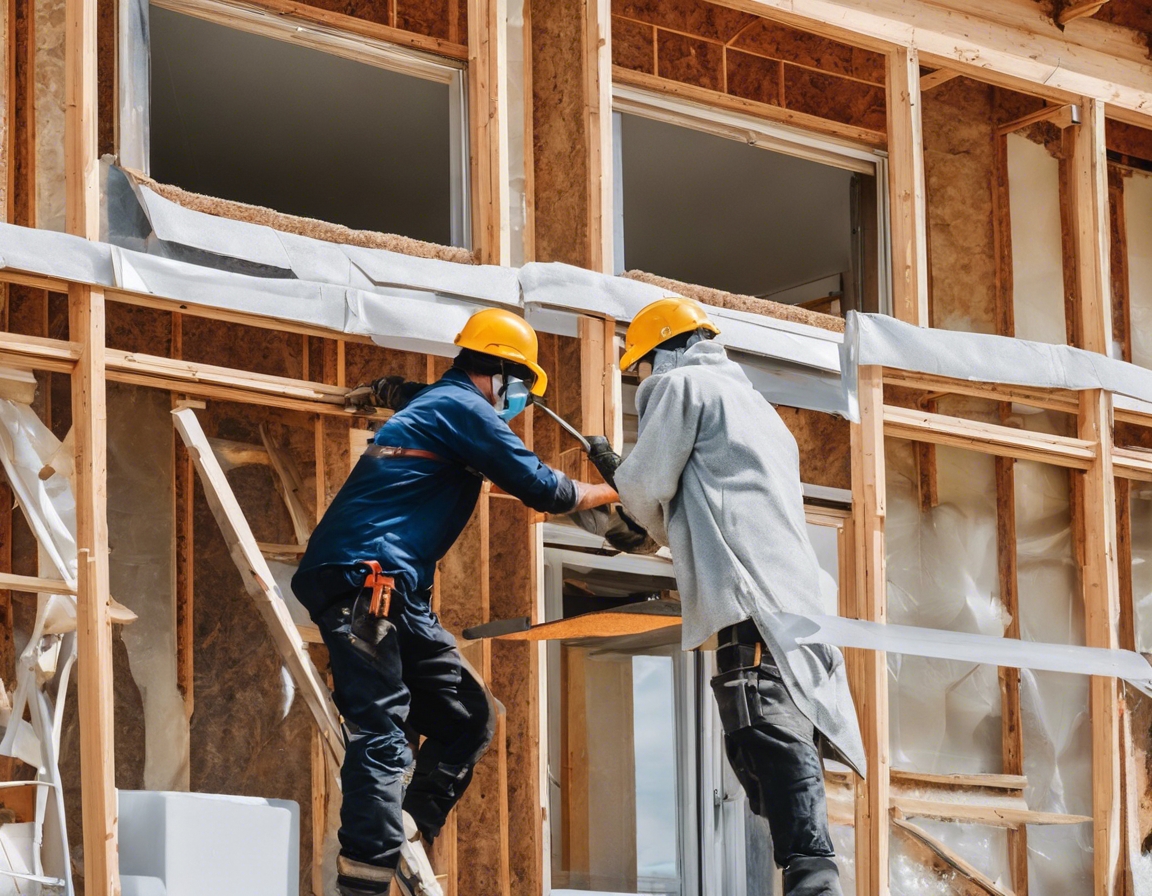Insulation 101: saving energy and money
Insulation refers to materials used to reduce the rate of heat transfer, and it plays a pivotal role in maintaining a comfortable indoor climate. It is a barrier that minimizes the exchange of heat through walls, ceilings, and floors.
Effective insulation is essential for energy conservation. It keeps warm air inside during the winter and cool air in during the summer, leading to less reliance on heating and cooling systems and, consequently, lower energy bills.
The Different Types of Insulation Materials
Fiberglass is a widely used insulation material made from fine glass fibers. It's affordable and effective but requires careful handling to avoid irritation.
Cellulose insulation, made from recycled paper products, is an eco-friendly option that also provides excellent thermal performance.
Foam insulation comes in various forms, including spray foam and rigid foam boards. It offers high R-values and is effective at sealing leaks and gaps.
For those seeking green building materials, options like sheep's wool and cotton batts offer sustainable insulation solutions.
How Insulation Contributes to Energy Savings
Insulation works by slowing conductive heat flow and, to a lesser extent, convective heat flow. This scientific principle is what makes insulation an effective tool for energy conservation.
By creating a thermal barrier, insulation reduces the need for heating and cooling, which can account for a significant portion of a household's energy consumption.
Choosing the Right Insulation for Your Project
R-Values measure an insulation material's resistance to heat flow. The higher the R-Value, the greater the insulation power.
When selecting insulation, it's important to consider the local climate and specific design features of the building to ensure optimal energy efficiency.
While some insulation types can be installed by homeowners, professional installation ensures maximum effectiveness and safety, especially for more complex projects.
Insulation Best Practices for Maximum Efficiency
For the best results, insulation should be applied in the attic, walls, floors, and basements to create a complete thermal envelope around the home.
Air sealing is critical to prevent air leaks, which can undermine the performance of insulation. It should be part of any insulation strategy.
Insulation may degrade over time or become less effective due to moisture or settling. Regular inspections and upgrades can help maintain its efficiency.






Comments (0)